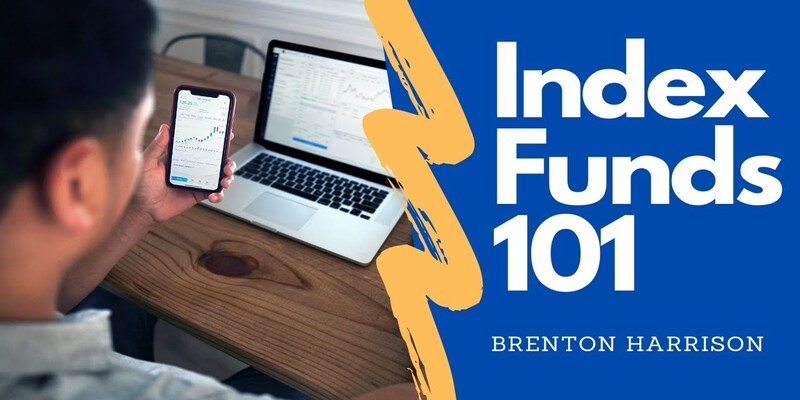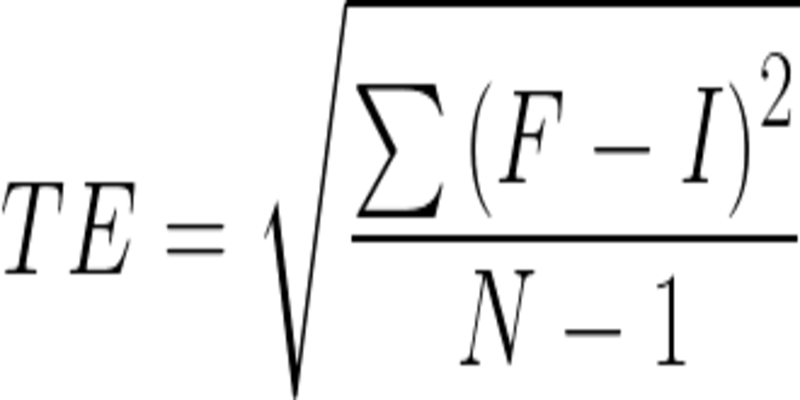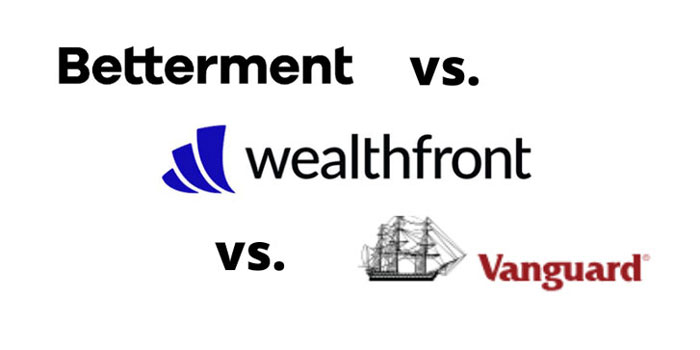If you want to diversify your portfolio of securities, consider exchange-traded funds (ETFs) or index funds. Both exchange-traded funds (ETFs) and index funds (which track the performance of an index like the S&P 500) aim to expose investors to various securities. All day, investors can buy and sell ETFs on stock markets like any other stock. Investors can save money by choosing these funds over actively managed mutual and index funds due to their reduced expense ratio. ETFs, provide investors with more options for their investment styles because they can be passively or actively managed.
Index funds are mutual funds whose goal is to replicate the performance of a certain market index. In contrast to ETFs, index funds are not actively traded throughout the day but solely at the end of the trading day. Passively managed index funds aim to do something other than outperform the index's performance but rather replicate it. Exchange-traded funds (ETFs) and index funds (indices) provide investors with diversification, low expenses, and tax efficiency. Trades, costs, minimum investments, taxes, liquidity, adaptability, and tracking errors vary. Investors should carefully assess their investment goals and risk tolerance when deciding between exchange-traded funds (ETFs) and index funds.
What Are ETFs?
Exchange-traded funds, or ETFs, are a type of security that may be bought and sold on the stock market just like a regular stock. Similarly to mutual funds, exchange-traded funds (ETFs) hold a portfolio of stocks, bonds, or commodities. Conversely, ETFs can be exchanged like stocks at any time of day, unlike mutual funds. Compared to mutual funds, ETFs have lower expense ratios, making them more affordable.
It is possible to either "passively" or "actively" manage ETFs. A passive exchange-traded fund (ETF) aims to replicate the performance of a selected index, such as the S&P 500, by purchasing and holding the same securities in the same weightings as the index itself. However, a portfolio manager oversees active ETFs, making trades based on their assessment of market dynamics and other reasons.
How Do Index Funds Work?

Mutual funds known as "index funds" are created to mimic the performance of market indices like the S&P 500 or the Dow Jones Industrial Average. Index funds, like ETFs, have a diverse portfolio of securities meant to match the index they are tracking. Because of its passive management, index funds are meant to track the index's performance rather than attempt to improve upon it. Index funds have lower expense ratios than actively managed mutual funds since they are not addressed.
Major Differences Between Etfs And Index Funds
Trading
Similar to trading individual equities, ETFs can be made and taken at any time during the trading day. Unlike index funds, whose shares can only be bought and sold after the trading day, ETF shares are freely traded throughout the day.
Expense Ratio
All funds have expenses, and the expense ratio measures how much your investment goes towards those costs. ETFs often have lower expense ratios than other types of mutual funds, including index funds. This is because ETFs are passively managed, unlike actively managed funds, which necessitate more human input and study.
Minimum Investment
As a result, investors of all financial means can buy ETFs. Index funds, conversely, are only sometimes easy for casual investors to get into because of their high minimum investments.
Taxes
Investing in exchange-traded funds (ETFs) or index funds (IFs) can help you save on taxes because they are both tax-efficient investment vehicles. Yet, due to their distinct structure, exchange-traded funds (ETFs) may be more tax-efficient than index funds. To avoid paying capital gains tax when buying and selling ETF shares, investors should do it on a regulated exchange. When shareholders of an index fund sell their shares, the fund may have to liquidate part of its holdings, which could result in capital gains taxes.
Liquidity
Compared to index funds, ETFs have greater liquidity because they are more actively traded. This is because ETFs can be bought and sold at any time throughout the trading day, whereas index funds can only be purchased and sold after the trading day.
Flexibility
Flexibility is an advantage of ETFs over index funds. To diversify their portfolios, investors can utilize ETFs to buy stocks, bonds, and commodities. When investing in a certain market or industry, index funds may provide a different level of specialized exposure than ETFs.
Error In Tracking

A fund's tracking error is the amount by which its performance deviates from that of an index it is meant to replicate. It measures how far a fund's returns vary from its reference index's.
Conclusion
Exchange-traded funds (ETFs) and index funds (IFs) are widely used by those looking to invest in a diverse portfolio of securities with minimal fees. Trading, expense ratio, minimum investment, taxes, liquidity, flexibility, and tracking inaccuracy are all different, even though they both follow the performance of the same index. Trading ETFs is similar to trading individual equities so investors can access greater flexibility and liquidity. The expense ratios for these funds are often lower than those of index funds. However, exchange-traded funds (ETFs) may incur trading costs and commissions and may be less tax-efficient than index funds.




